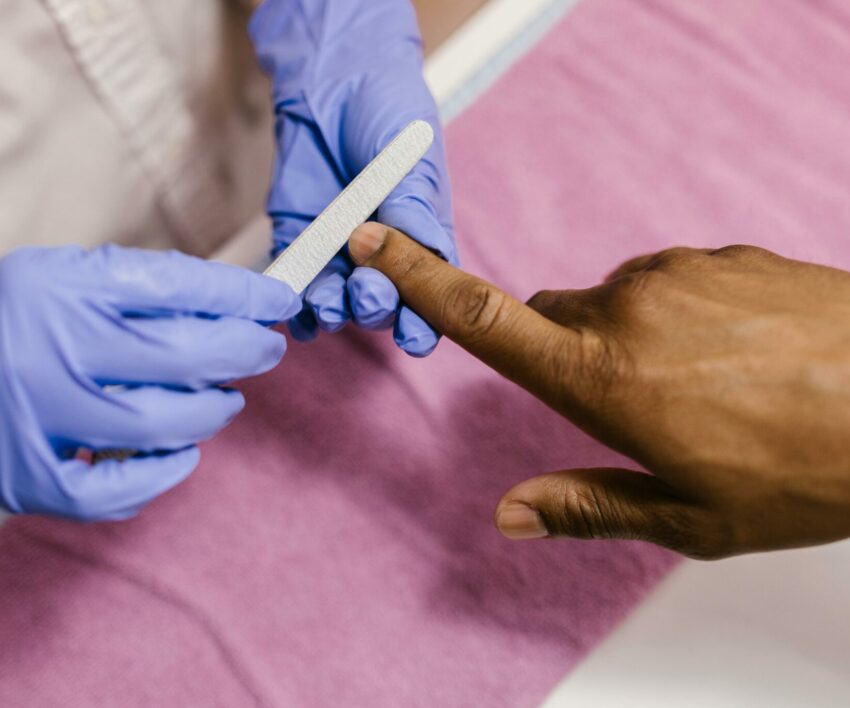
Is it stress? Boredom? Or maybe just a habit you’ve had since childhood? Nail-biting—often dismissed as a quirky, harmless tick—is more complex than it seems. I’ve tried it once because I’m one person who likes my nails short unless I have acrylics on. However, I would always find my nails hard to bite and end up using a nail cutter.
Whether you find yourself nibbling during a tense moment or mindlessly chipping away in front of a screen, nail-biting has deep psychological roots. While it may seem minor, constantly biting your nails can lead to health risks, some people would bite their nails until they bleed, but this is obviously not a situation to be ignored.
The Houston Methodist publication states that nail-biting, a behaviour often associated with stress or anxiety, may feel like a way to feel satisfied when understimulated or a temporary escape from overwhelming emotions when overstimulated.
The above source states that the consequences of nail-biting include, “Risk of infection around the nail, especially if you bite at your cuticle or the soft tissue around it. It can harm your teeth. It can spread germs on your hands and fingers to your mouth, increasing your risk of getting sick.”
To reduce nail-biting, WebMD suggest that you cut nails short, coat them with a bitter taste, spend on manicures, wear gloves, find triggers, keep your hands or mouth busy, and chew gum.
It is also advised that you invest in manicures for good-looking nails and a reason to keep them that way.
Also see: Tips to growing healthy nails




